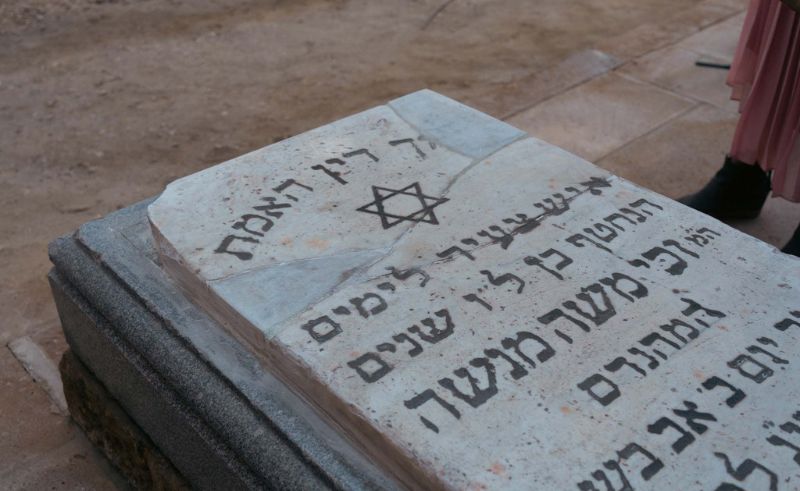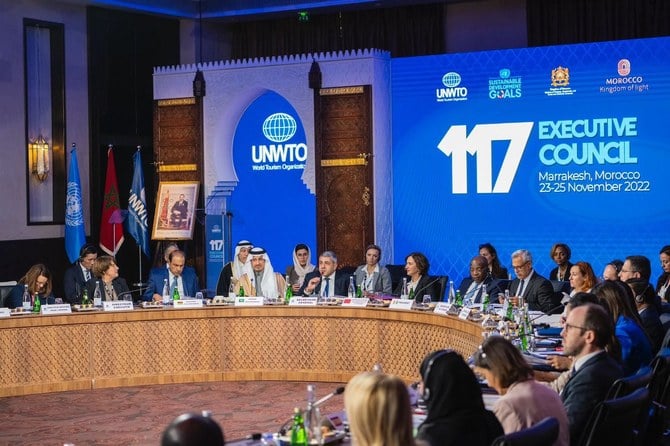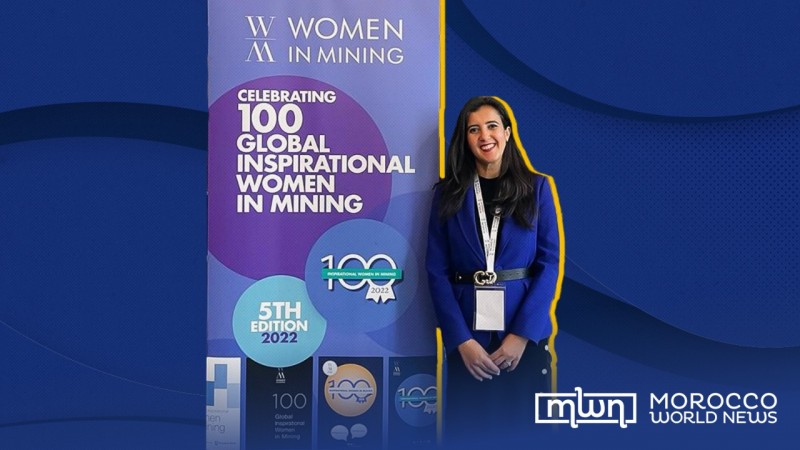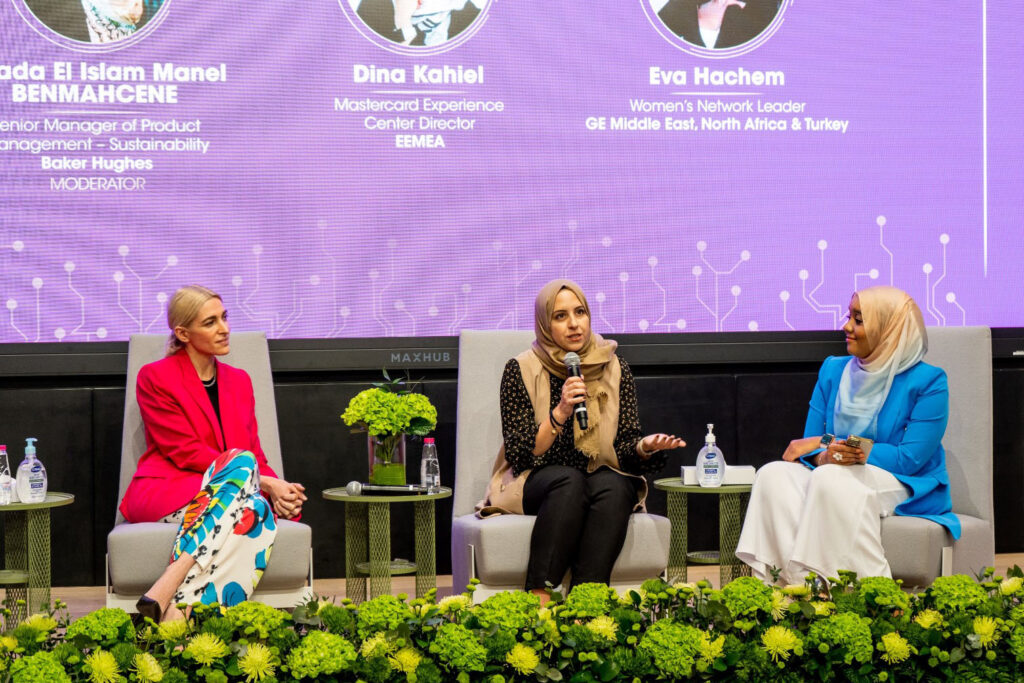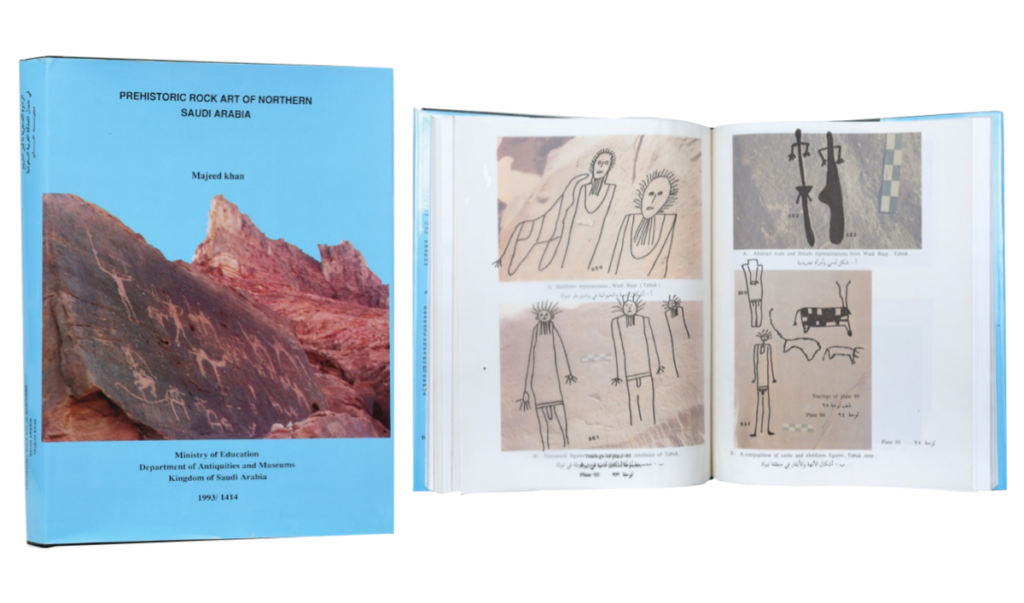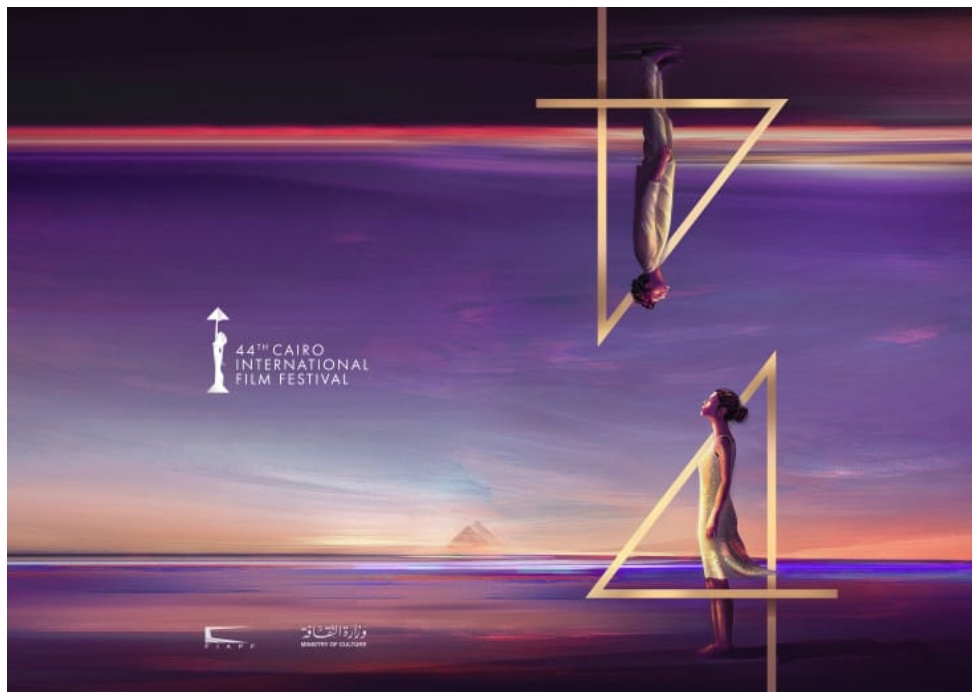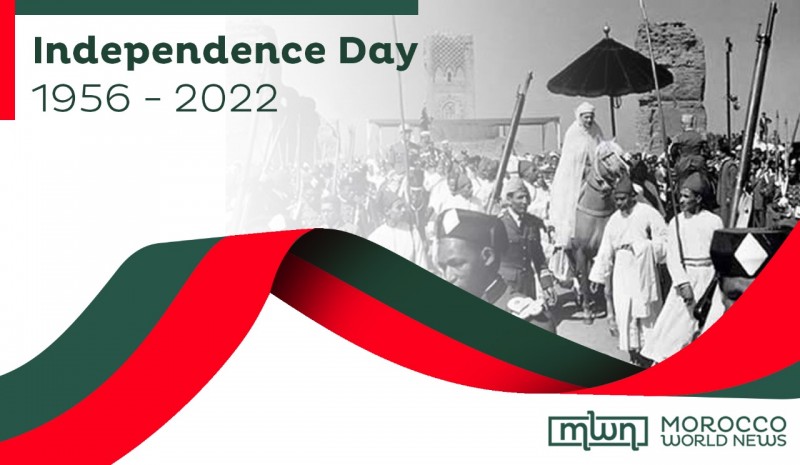First woman to win this prestigious award.
Shaikha Al-Bahar, Deputy Group CEO at National Bank of Kuwait, received “Distinguished Services to Arab Banking Award 2022” from the Arab Bankers Association (ABA) in recognition and appreciation of her dedicated efforts and outstanding contributions to the growth of the Arab banking industry.
Lord William Russell, the former mayor of the City of London, presented the award to Al-Bahar, during the Arab Bankers Association’s annual event, which was held in London, England and was attended by top executives and key leaders across the financial services industry.
In her acceptance speech, Al-Bahar said NBK has adopted a cooperate culture of leadership, that doesn’t only drive excellence, but rather actively demonstrates that excellence. Drawing from this unique culture, NBK’s leaders inspire their team members to forge a carrier in the banking industry by providing them with the right tools to create efficiencies and deliver the best results.
“I am very proud of what I have achieved throughout my career with NBK. It gives me more pride that my professional career was closely aligned with my personal believes and goals, which helped me achieve a lot of my personal aspirations, especially the ones that relate to giving back to the community through responsible banking practices”. Al-Bahar said.
“I am also honored to be a member of the leadership team that has guided NBK to its prominent position as one of the region’s leading financial institutions.” Al-Bahar added.
Al-Bahar highlighted that behind her personal accomplishment, there was dedication and willingness to differentiate herself through hard work, thinking outside the box, and getting out of her comfort zones.
Al-Bahar described her professional journey as one filled with devotion, evolution, and inspiration, from its starting point as a trainee in one of NBK’s branches, all the way until she took the helm as DGCEO. Throughout this unique journey, she managed to leave a positive footprint and played a key role in shaping the Group’s strategic vision, a direction that successfully positioned NBK as the most Valuable Banking Brand in Kuwait and among the top five banking brands in the region.
Al-Bahar emphasized that NBK adopts an open culture of customer-centricity, innovation, digital mindset, and data-driven decision-making to well position NBK as a digital leader and trendsetter in Kuwait and the region, building next generation digital banking experience.
NBK Group Deputy CEO also stated that the long-term interests of all NBK stakeholders are inseparable, as the Bank continues to create added value to all its customers, employees, and communities.
“A real leader knows how to drive change. Therefore, I am committed to advocating for greater boardroom diversity and continue developing and supporting various women empowerment initiatives, the latest of which was launching “NBK RISE”, a first-of-its-kind Global Women Leadership Initiative designed by women for women”. Al-Bahar noted.
Al-Bahar emphasized the importance of gender balance in boardrooms, as nowadays it has come to the forefront. Therefore, NBK took the initiative and started from within, ensuring that women break boardroom barriers and that they have adequate representation on all our boards and committees.
“In today’s fast-changing global environment, we continue to inspire our teams to be future leaders and provide them with the tools to transform organizations, enhance value creation, create efficiencies, and deliver better results.” Al-Bahar said.
Al-Bahar believes that continuous learning is key to success, and that people learn the most when thrown in the deep end.
Acknowledgment and Appreciation
In conclusion of her speech, Al-Bahar acknowledged the collaborative dedication of NBK employees, highlighting their efforts as they continue to elevate NBK’s leadership position to new heights.
“This award reflects our vision to continue building on our excellence and further strengthens our resolve to maintain the course of our inclusive, resilient, and sustainable approach. At NBK, we have always been focused on developing effective leaders within and throughout our organization, and thereby improve the overall quality of our operations.” Al-Bahar concluded.
A Role Model for Ambition
Former Mayor of the City of London, Lord William Russell, said that Al-Bahar is a role model for the ambitious women across the Middle East and on the international front, adding that as a leading banker in the GCC, she offers a strategic viewpoint and distinct voice that is recognized and valued by politicians and leaders.
A Prominent Role
Meanwhile, Mr. George Kanaan, CEO of the Arab Bankers Association, stressed that Al-Bahar was instrumental in the growth of banking services throughout the Middle East, as well as in assisting enterprises and organizations to obtain the financial products and services they required to achieve their goals.
The Arab Bankers’ Association (ABA) was founded in 1980 and is a London-based not-for-profit professional organization whose members work in banks and related industries in the Arab world and in the United Kingdom. ABA is dedicated to strengthening the connection and interdependence among members of the financial sector in Arab nations and the United Kingdom through constant contact and information exchange, as well as a diverse range of activities and events.
source/content: arabtimesonline.com (headline edited)
______________

___________
KUWAIT
